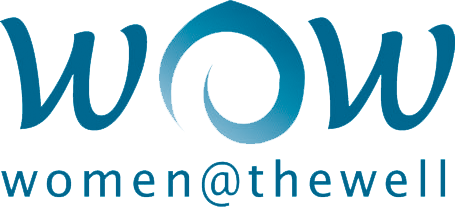Our History
Women@TheWell opened on the 24th September 2007 and was originally developed by the Institute of Our Lady of Mercy (IOLM) to provide a uniquely holistic and multifaceted range of services to vulnerable women who are caught in multiple cycles of abuse and social exclusion.
Women@TheWell was built on ten years of experience of its founder Sister Lynda Dearlove. Sr. Lynda had been working with women in the East End of London, the majority of whom were involved in street-based prostitution and faced homelessness, addictions, abuse and poor physical and mental health.
Sister Lynda listened closely to the barriers the women faced when they wanted to try to change their lives. The major factor she identified was the complexity of accessing the services needed, often referred to as “revolving doors” - in which different statutory and even voluntary services may be working with an individual woman on specific issues, but nothing seems to come together at the right time in order to make positive impact. Services take little account of each other (at worst penalising women when they don’t make their appointments even when the reason is that they have to attend another). No one has her whole picture in mind. Women@TheWell became the base for working with women to tackle the big problems in small steps, and always with a woman-centred, trauma informed approach.
Sister Lynda moved on from working at Women at the Well in 2023, leaving a tremendous legacy of commitment to meeting women’s needs, holistic practice and a vision of a future free from exploitation. Women at the Well is still generously supported by the Institute of Our Lady of Mercy. We deliver our support services to women in a secular manner, trying hard to ensure that all women can feel welcome here, and our staff and volunteers come from different faiths and none. Catholic Social Teaching provides a critical guide for the board of trustees.
Why are we called, “Women@TheWell” ?
Historically, “the well” was always considered to be:
The place of common ground
Central to the community because water is essential to life
The woman’s place, where they would gather and chat whilst they were waiting their turn to draw water
It was also a place of peace; warring tribes in the desert didn’t count “oasis” as part of a war zone.
There is a story in the Bible where Jesus asks a lone woman drawing water at a well to give him some water to drink. Others might not have asked her because of her status as a lone, unmarried woman out in the middle of the day, but Jesus specifically chose her as a friend. Sister Lynda and the Institute of Our Lady of Mercy took inspiration from this story set in a place of hope and non-conflict, and most of all a place where women can gather, and named the charity as a place where women can come and always be welcome.

